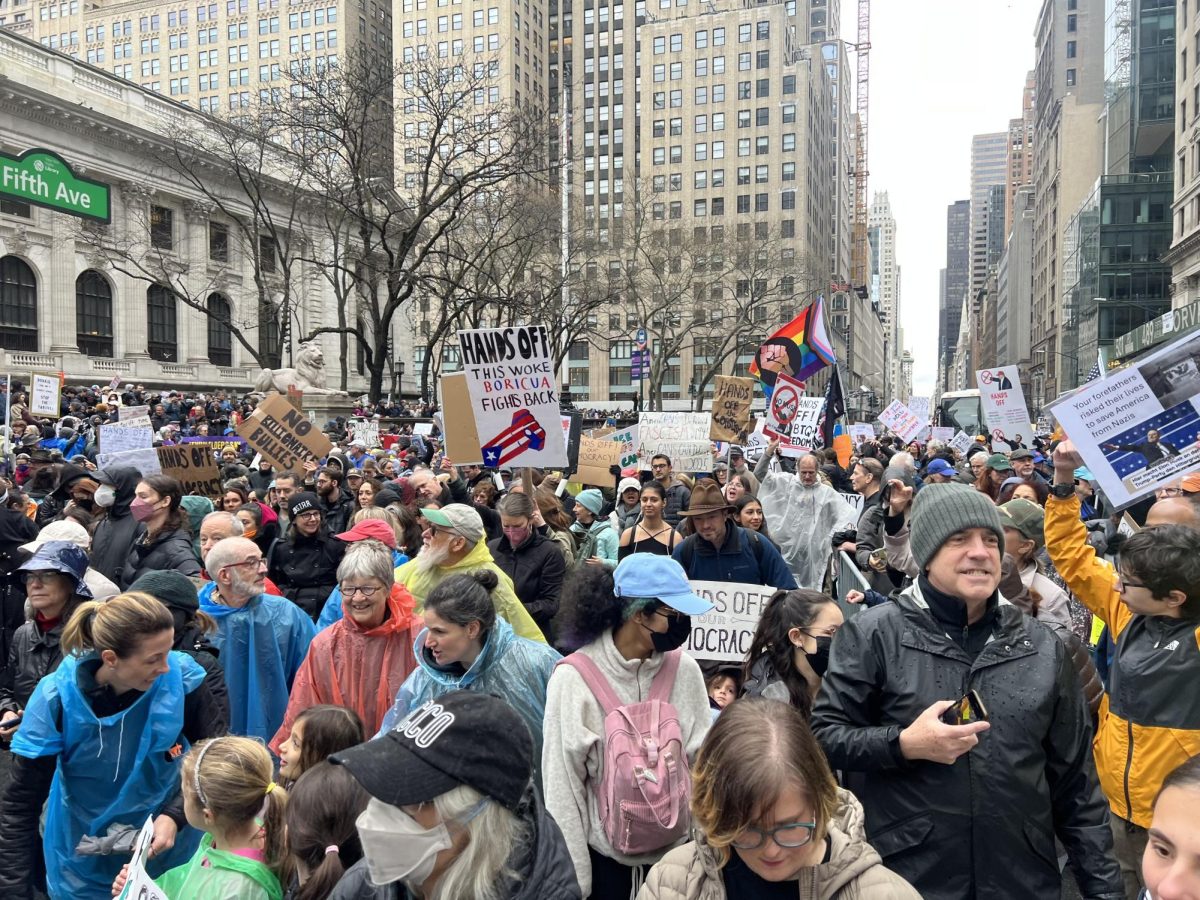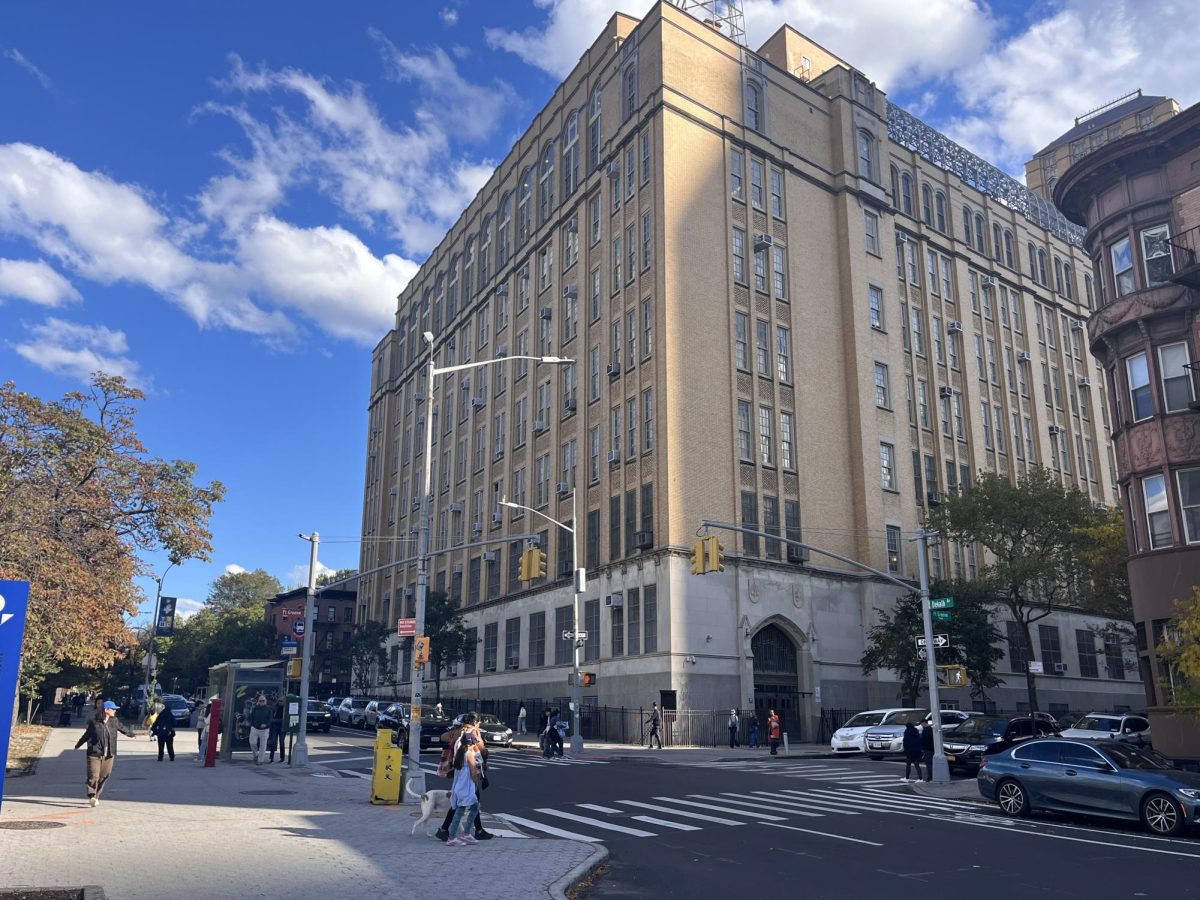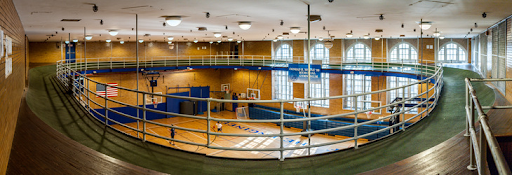Teachers live for the “aha” moment — the instant when a student understands a lesson and connects it back to the real world. Field trips are arguably the most effective way to spark that excitement. Yet at Brooklyn Tech, the daunting process of applying for trips seems to discourage many teachers from taking their classes on them, creating lost opportunities to enrich students’ minds.
Research indicates that students relax outside of the classroom and absorb lessons more easily. According to the U.S. Travel Association, 89% of educational outings have a “positive, lasting impact on their education and career because enriching field trips made them more engaged, intellectually curious, and interested, in and out of school.”
Principal David Newman’s secretary, Ms. Carol Carley, estimated that she processes over 100 field trip applications per year. “See those boxes in the back?” Ms. Carley asked, gesturing to three thick boxes stacked almost four feet high. “That’s all field trip paperwork from last year, and almost every single one was approved.” However, the vast majority of these applications were for extracurricular activities such as clubs or Public School Athletic League (PSAL) teams. When it comes to class field trips, there are an average of about 10 applications each year.
DDP and Architecture teacher, Mr. Steven Coyle, finds the lengthy application process to be disheartening, stating that it is “way too complicated.” Mr. Coyle recounted that he had planned a trip for his freshmen three years ago, having “already decided on a date, time, and place, and [he] had gotten the signatures of about half of the people [he] needed.” He gave up on the entire idea halfway through planning, disappointing his students. He explained to them that the steps necessary to apply for a field trip were perhaps not even worth it. “When I worked at a smaller school, it was easier to apply for field trips — I think I went on one at least once a week,” he noted. At a school the size of Tech, field trips are more difficult to accomplish.
AP Capstone Seminar teacher Diana Liu believes in the benefits of field trips, and for the past four years, she has rewarded her students with annual outings to different museums after AP exams. “I just think it’s fair,” said Ms. Liu. “They’ve worked so hard all year in all of their classes, they deserve to have some type of class-wide relaxation – which, of course, must be educational.”
LIU PharmD major Durjoy Bhadra (’25), who went on the AP Capstone Seminar trip to the American Museum of Natural History in June expressed that he loved the entire experience. “Going on a trip at Tech is a different experience than going on a trip at other schools because of Tech’s size, but it was such an enjoyable experience, and I feel bad for the people who haven’t been able to go on trips at Tech,” he said. In a demanding, fast-paced environment like Tech, field trips can not only be an informative experience, but a relaxing one.
Although the Tech’s scale can be an obstacle to overcome, it is not impossible. For teachers, the application process begins with finding a date that aligns with the students’ schedules, extracurriculars, testing days, and holidays. They must also consider the other classes that they teach, as many teachers teach more than one course. Ms. Liu makes an effort to narrow the choices down to a few dates from which students can choose one.
Next, a teacher must submit all necessary paperwork to his or her respective Assistant Principal, who must then approve it with a signature and return it to the teacher. Administrative oversight rests with the Assistant Principal of the teacher’s department. Ms. Jess Rhoades Bonilla, the Assistant Principal of English, does not usually turn down field trip requests unless there are scheduling conflicts.
Finally, teachers complete a packet containing the trip’s schedule, as well as a roster of information about attending students and chaperones that they must send to Principal Newman’s office. Acquiring chaperones is an additional challenge for field trips. “For every 15 students, we need one chaperone, which adds up to quite a lot if we decide to take multiple classes out,” noted Mr. Richard Capozzi, an AP Seminar and 11th-grade English teacher. Additionally, transportation must be arranged, and for most class field trips, that simply means the MTA, but some trips require chartered buses.
Law and Society major Sadie Rauchberg (‘24) attended the off-Broadway production Poor Yella Rednecks with her Love, Life, and Death class in November. “I haven’t gone on a trip since elementary school, so for me especially, it was super fun, and I loved every part of it,” she remarks. “[A]s much as I love this school, I feel like the size of it is a major drawback to how often we can go on trips since there are so many students to account for.”
Although the field trip application process is daunting, the learning experiences it can unlock for students are invaluable. “Mr. Newman actually encourages field trips,” Ms. Bonilla remarked. It is a lot of work to apply, but the educational experience is one that teenagers will value. Despite the discouragement that the amount of field trip paperwork creates, Ms. Liu argued that “it’s all worth it to see the kids relax after a year of hard work.”








































